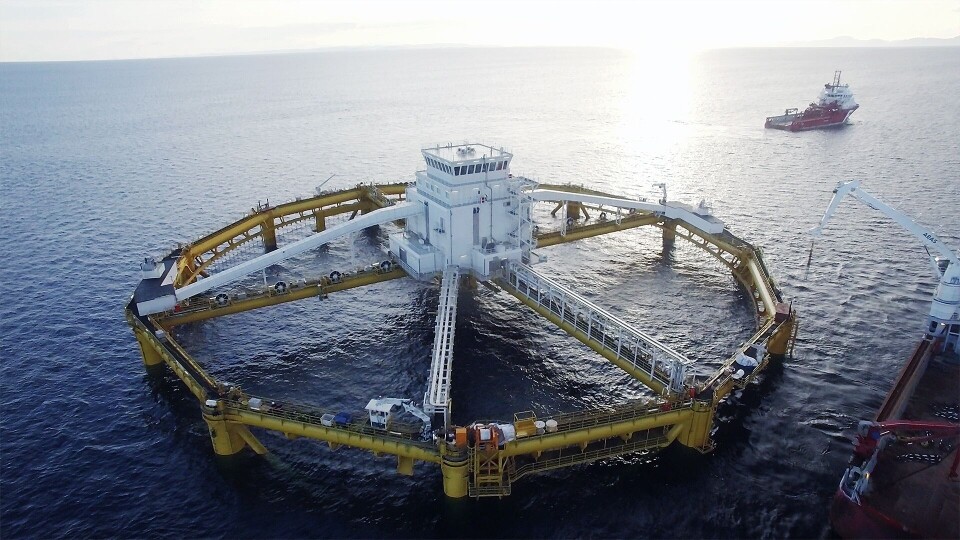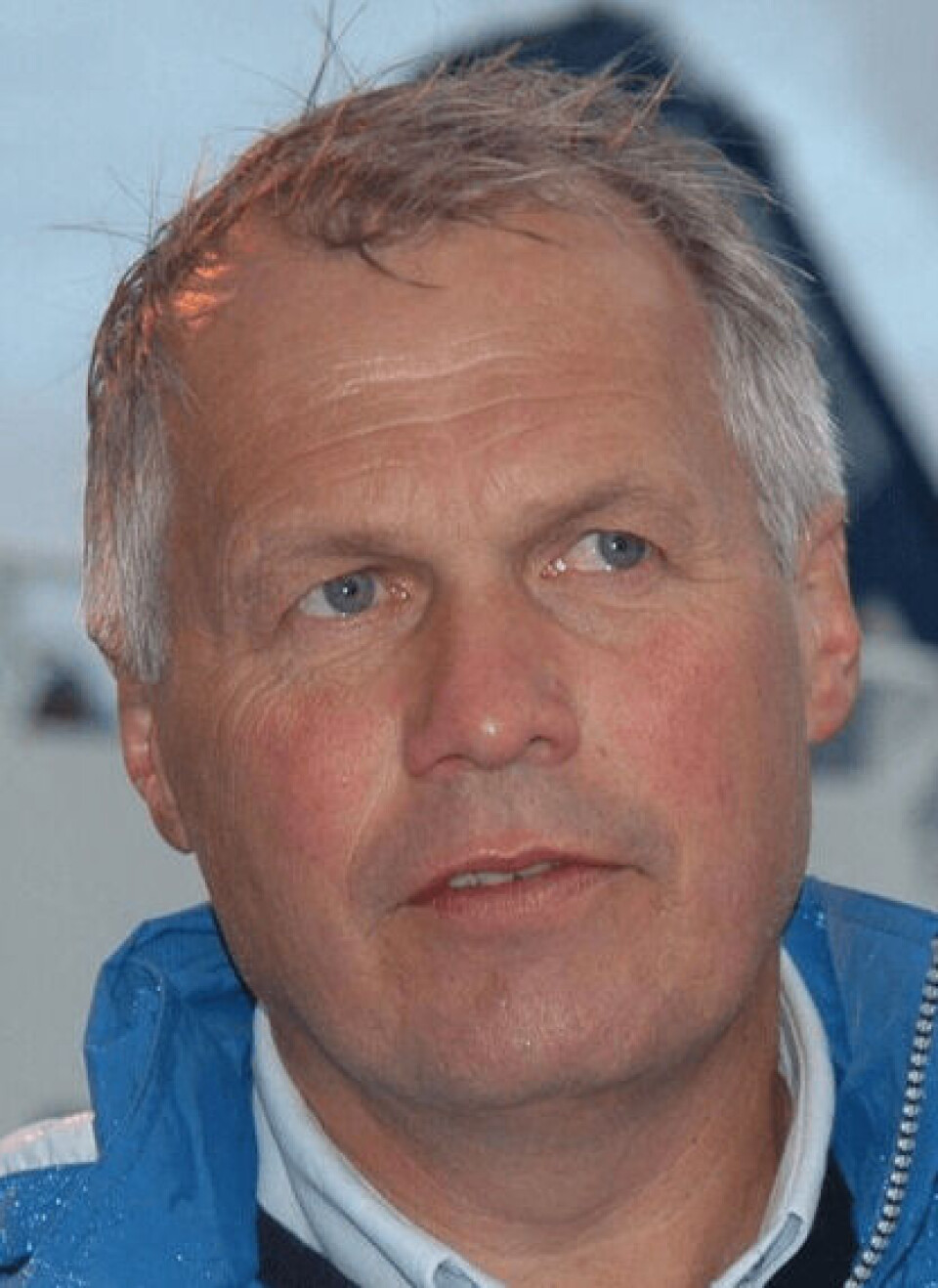
SalMar wants permanent licences for Ocean Farm 1
Norwegian salmon farmer SalMar has applied to convert the temporary development licences for its pioneering Ocean Farm 1 into permanent, regular permits.
In an internet press conference where the company presented its first quarter report yesterday, chief executive Gustav Witzøe said Ocean Farm 1 has met expectations and was delivering good results.
He said SalMar had now applied to convert the development licences granted for Ocean Farm 1 into commercial food fish permits.

Awaiting feedback
Development licences are time limited to the period a project is expected to take. If a development concept has been successful the developer can apply to have the licences made permanent, at a much lower cost than buying new biomass at the government’s annual auction.
“The company is proud to be able to help fulfil the Norwegian authorities' ambition for Norway to be the world's leading seafood nation. An application to convert the eight development licences has now been sent and SalMar is awaiting feedback from the authorities on this,” said Witzøe in the live broadcast.
“We have hopes that the answer will come, and if this is granted, we will thereby increase MTB (maximum allowed biomass) in our traditional fish farming activities."
Low mortality
The first production cycle in Ocean Farm 1 produced good results and strengthened the company’s belief in sea-based farming, the company said in its Q1 2020 report.
A second production cycle started in August 2019 and so far in the cycle good biological status has been observed, with good growth, low lice and low mortality.
The expected harvest time is autumn 2020.
Scotland’s Ocean Farm
The company also reported that the development work with the deep-water cage Smart Fish Farm is continuing according to plan. However, work on site clearance by the authorities is likely to take somewhat longer than initially anticipated, which could affect the progress of the project.
In March, Scottish Sea Farms – which is jointly owned by SalMar and fellow Norwegian salmon farmer Lerøy – announced that it wanted to trial Scotland’s first open ocean farm and had the financial backing of its owners for the project.






















































